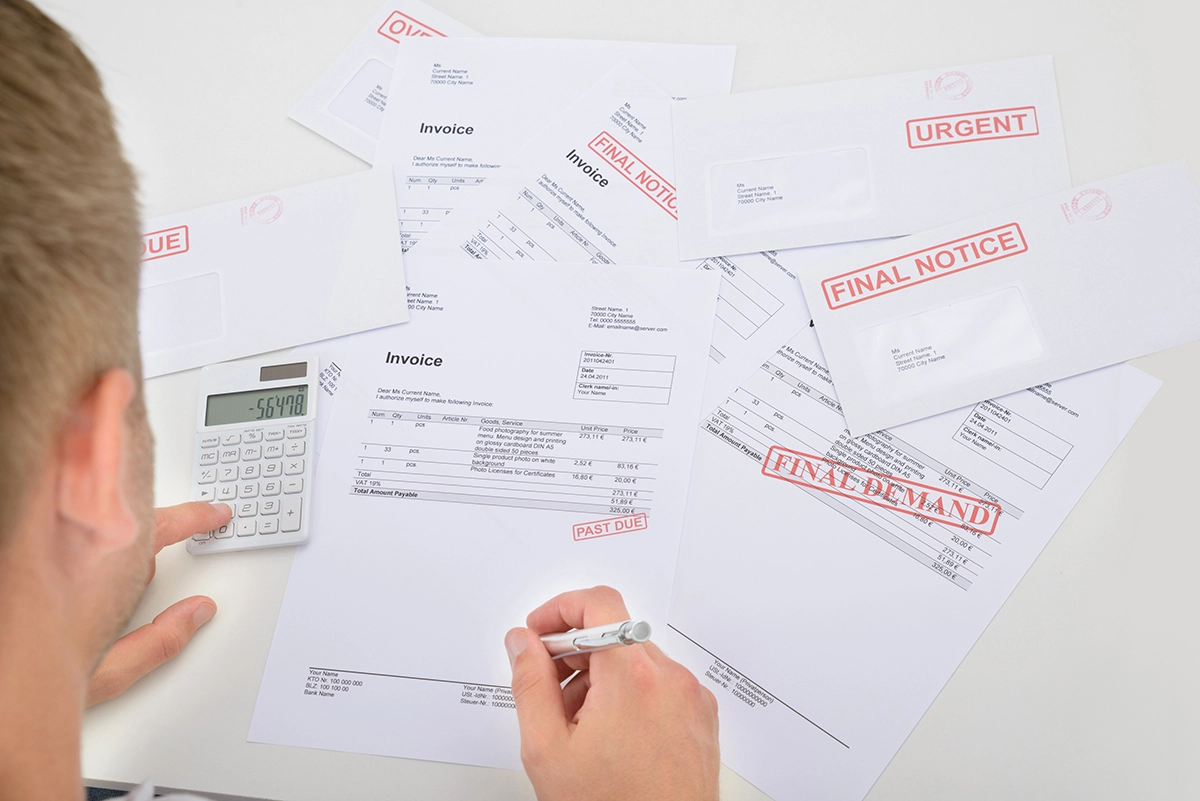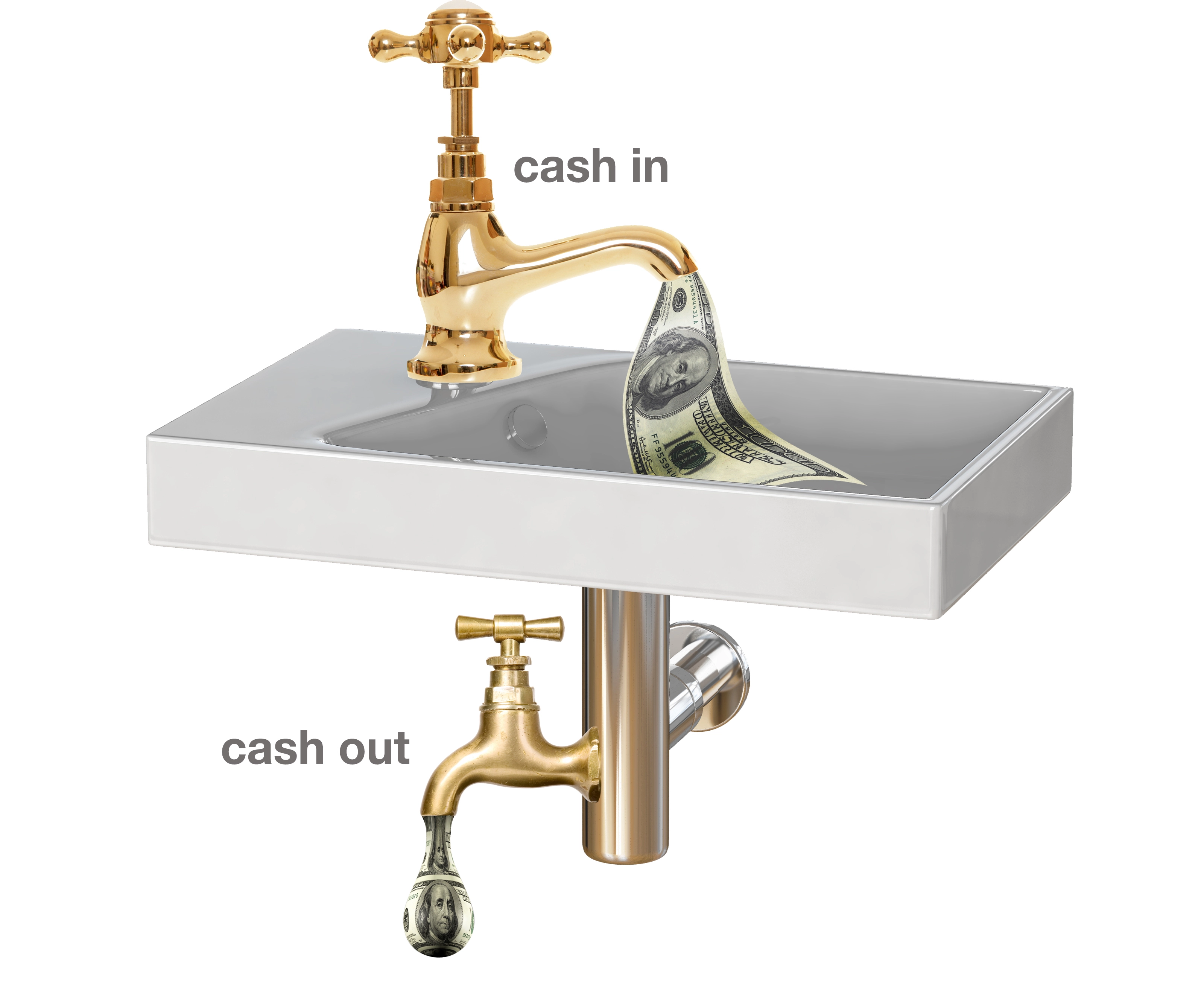CPAs are a part of your advisory team, provide them with the proper tools.
What is the difference between finance and accounting? According to some, accounting only cares that debits match credits. Finance cares why the debits match credits. Unfortunately, too many CPAs fall into the first category and only care that debits match credits. Getting financial information to and from your CPA involves work by the CPA and work by you. Good CPAs will have expectations from you and vice versa.
Four Things To Expect From Your CPA
1. A CPA should get your financial statements back to you in a timely manner. If you give your CPA your accounting information by the 10th of each month, they should have it back to you by the end of the month. A minor issue spotted in current financial statements can be addressed before it becomes a major crisis. If your accounting data is three months old, you’ll experience more crises than minor issues. A perfect example is cash flow. If you notice that your receivable days are longer than the month before, you can address collections issues quickly and get the receivable days back in line.
2. A CPA should format your financial statements the way you want them formatted. HVACR financial statements are not like a doctor’s office financial statements (see sample statements in the HVACR Business Download Center). Contractors have direct labor costs, direct material costs (not purchases), and different overhead structures than service companies. You need information formatted so you can make good operational decisions. Unfortunately, too many CPAs format financial statements for tax purposes each month. Tax statements do you no good when you are operating your business on a day-to-day basis. For those of you in new construction, your CPA must also include work in progress, over- and under-billing, and construction-related accruals and expenses.
If your CPA won’t format your statements the way you need them formatted, tries to talk you out of formatting them in a construction format, or doesn’t understand construction accounting, then find another CPA.
3. A CPA should be proactive. They want to know about your business (not just the financial statements). They have a genuine interest in helping you succeed. A CPA is one of your advisors. When they see issues that need to be addressed, they say so — even if the conversation is not pleasant. A CPA should also keep you abreast of the latest tax issues, provide ideas that will help you save money on taxes (legally of course), and introduce you to people who may be looking for hvacr needs. If you feel that your CPA is just billing hours and doesn’t care, it is time to have a conversation with him and potentially find another CPA.
4. A CPA should explain things to you in English. You have a right to know what your financial statements are telling you. If you don’t understand something that is on those statements, ask questions. If your CPA answers with phrases such as “Don’t worry about it” or “You don’t need to know that,” then you need to look for another CPA. You are paying him for his knowledge and advice. If you ask a question, it should be answered.
Three Things To Do For Your CPA
1. Get your data to him in a timely manner. You have to be involved in ensuring that minor issues don’t become major crises by giving him the data he needs on a timely basis. You can’t expect a CPA to work miracles if you are late.
2. Make sure your data is not in a shoebox. It takes hours to create financial statements from receipts. And you’re never sure whether those statements are truly accurate. You need financial statements each month. Without monthly financial statements you don’t have a clue how you are doing. You can’t expect your CPA to tell you how you are doing if you don’t provide monthly data to him. Find an accounting program that you can live with and use it.
3. Pay on time for services. You like to be paid on time — so do your advisors. Make sure that you are reviewing invoices regularly. If you have questions about bills, ask them immediately and get all disputes resolved. Your CPA will pay more attention to your company’s financials if he knows he is getting paid on a timely basis for the work he is doing.
Good CPAs are an integral part of your advisory team. They help you see the “forest through the trees” and keep you informed so that you can make good business decisions. Likewise, you have to provide timely, accurate data so that they can help you make those decisions.
Ruth King has over 25 years of experience in the hvacr industry and has worked with contractors, distributors, and manufacturers to help grow their companies and become more profitable. She is president of HVAC Channel TV and holds a Class II (unrestricted) contractors license in Georgia. Ruth has written two books: The Ugly Truth About Small Business and The Ugly Truth About Managing People. Contact Ruth at ruthking@hvacchannel.tv or 770.729.0258.





